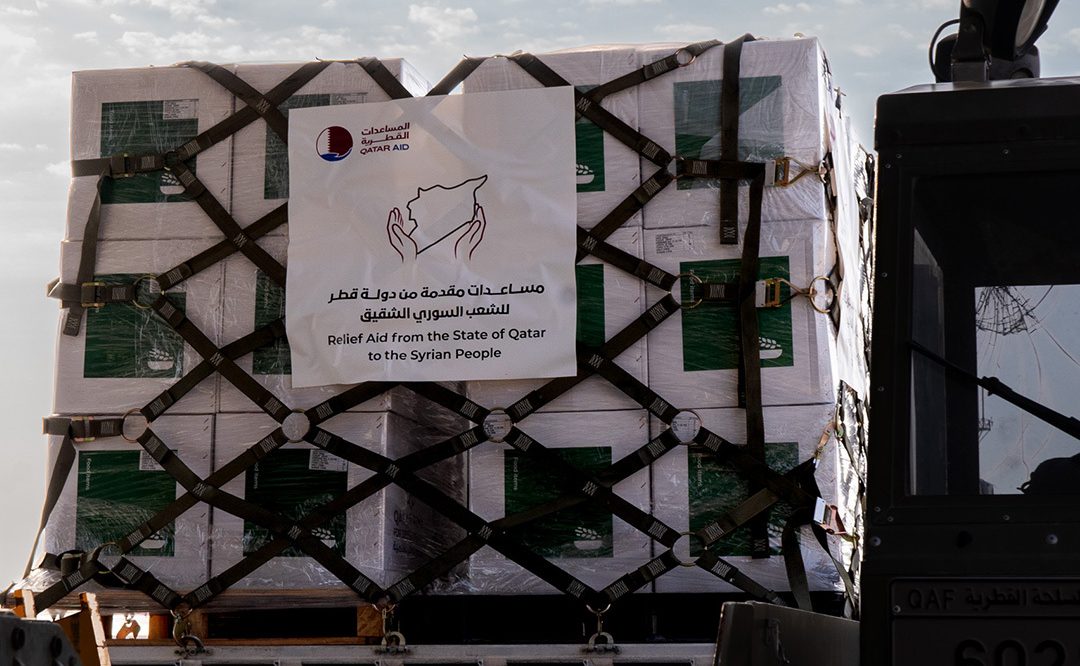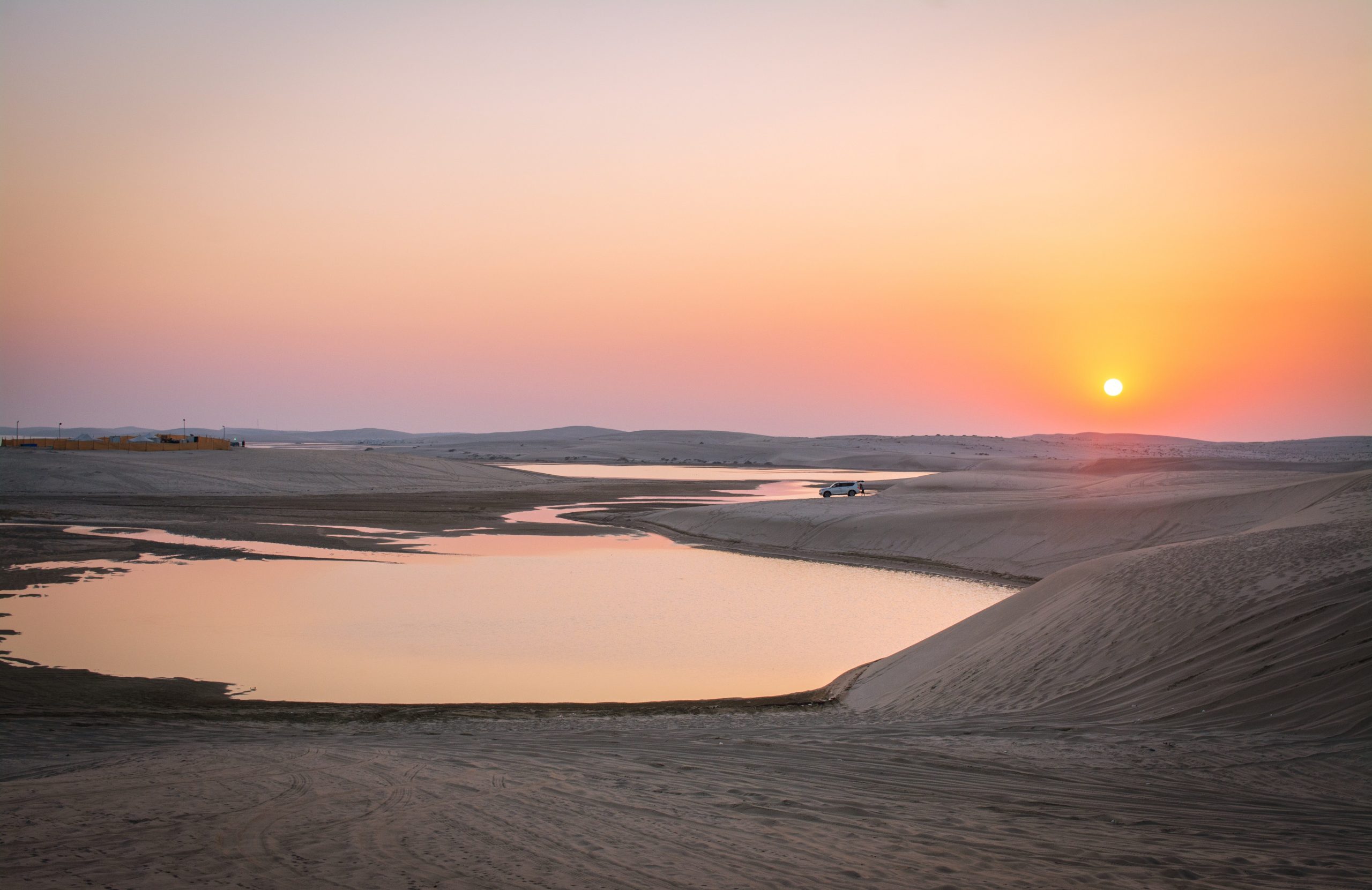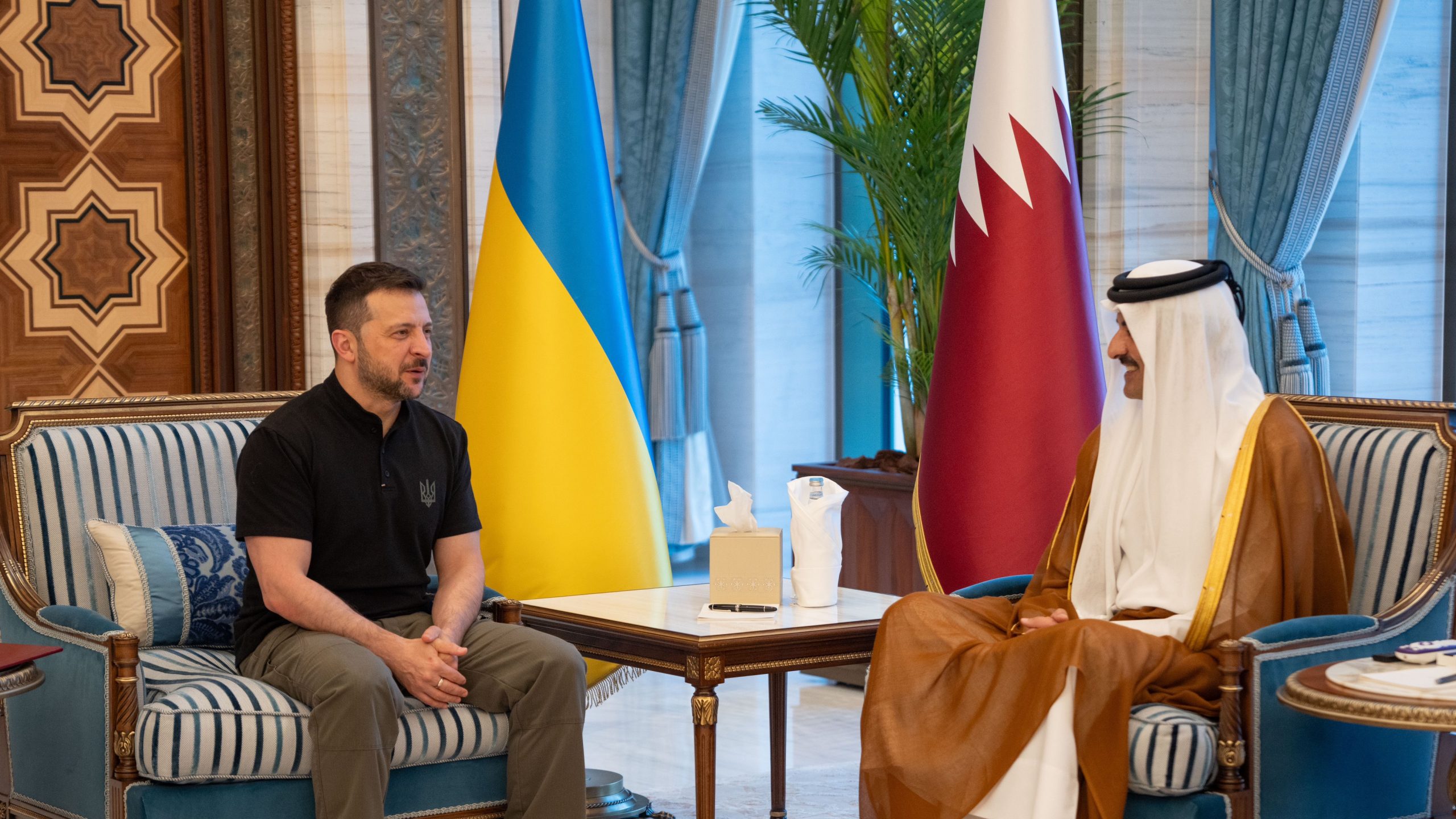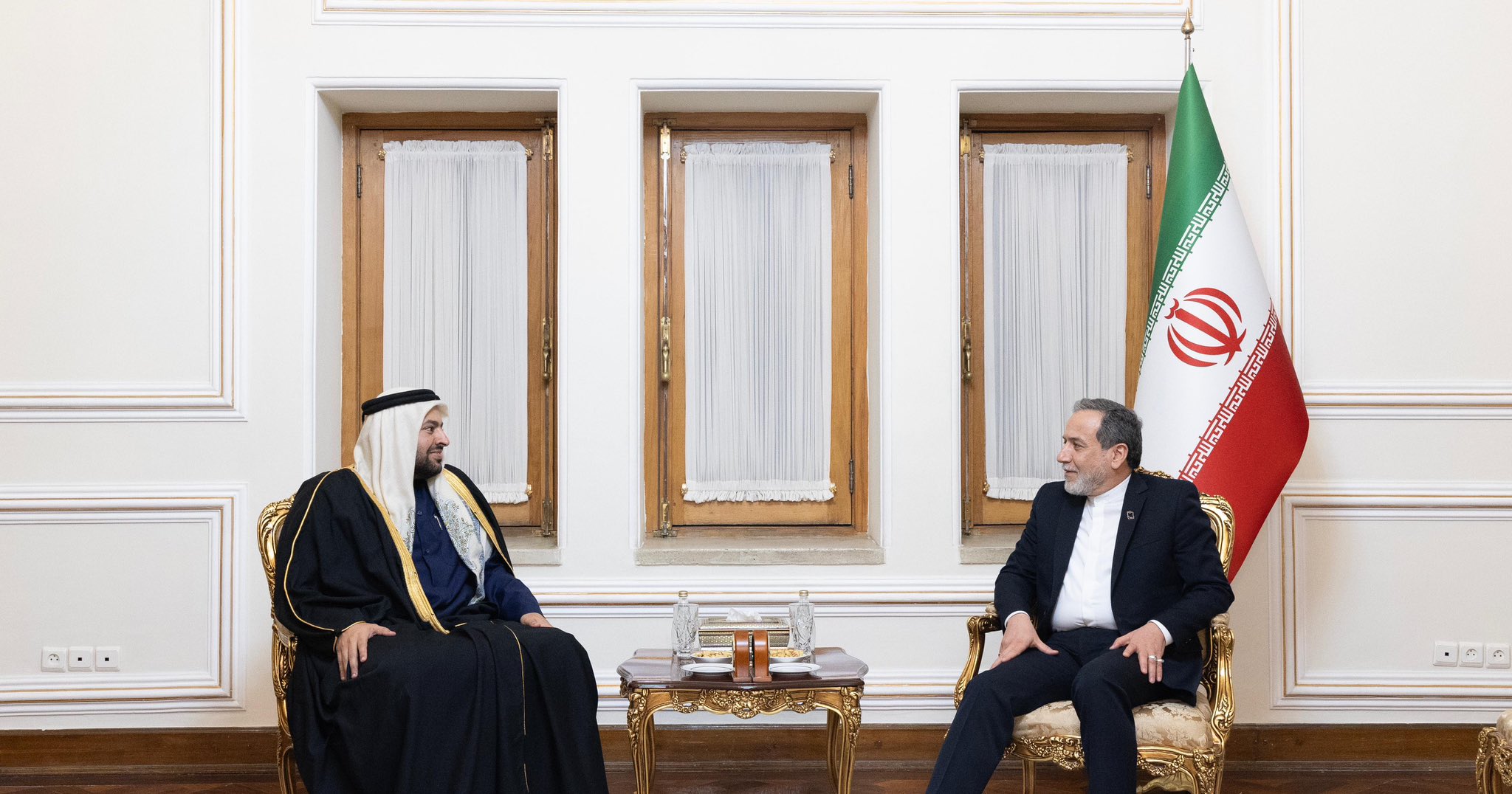The election comes amid growing pressure for a resolution, as Lebanon faces severe challenges, including economic collapse, political deadlock, and mounting public frustration.
Lebanon’s parliament is scheduled to vote for a new president on Thursday, ending a two-year vacancy in the role.
The prolonged absence of a president has exacerbated the country’s political and economic crises, leaving Lebanon without a head of state since the term of former President Michel Aoun ended in October 2022.
The election comes amid growing pressure for a resolution, as Lebanon faces severe challenges, including economic collapse, political deadlock, and mounting public frustration.
Thursday marks the 13th attempt for the parliament to elect the next president, following 12 failed voting rounds due to deep divisions between political factions and ongoing deadlock.
This parliamentary election appears to be settled, as one of the leading candidates, Suleiman Frangieh, has withdrawn from the race. Frangieh, the incumbent leader of the Marada Movement, is considered to be an ally to the former Syrian President Bashar Al-Assad, whose regime ended last month.
This paves the way for Joseph Aoun, the Lebanese Army commander and widely favoured candidate of both the United States and Saudi Arabia, to secure an easy victory.
The elections mark a significant moment, coming just weeks after the fragile ceasefire agreement between Hezbollah and Israel.
According to Laura Sayah, an economist professor at Northwestern University in Qatar, the next Lebanese president will make the priorities of the government clear, especially regarding Israel’s military offensives in the south of the country, despite the truce.
“If a President is elected before [United States President-elect Donald] Trump is sworn in, we may see progress in negotiation talks with Israel,” Sayah told Doha News. “Although they [Israel] are saying they will leave once the Lebanese army takes over, but a lot of details are at stake.”
The Mediterranean country with a population of five million has been suffering from an economic downfall, unemployment, and a refugee crisis since 2019.
Lebanon hosts nearly 1.5 million Syrian refugees and their future is uncertain as the country is rebuilding since the recent downfall of the Assad regime. According to Sayah, the Lebanese economy will be significantly impacted by the political tensions of their neighbouring country.
“it might have a direct impact on the power-sharing dynamics of the country as Lebanon has 18 recognised sects and the political systems are divided into factions which leaves us to question whether there will be another civil war or will these refugees find a way back home,” said Sayah.
Lebanon’s 1989 Taif Agreement brought an end to a 15-year civil war and introduced significant reforms to the political system, including limiting the president’s powers. Under the agreement, a popular vote is not used to elect the president; instead, the position is filled through internal elections among political parties.
Maria*, a graduate student of Data Analytics at Hamad Bin Khalifa University (HBKU), came to Qatar five months ago, and expressed cautious hope for these elections.
“Where is the leadership? Where are the solutions?” Maria asked. “People wake up each day unsure of how much their money is worth or how they’ll afford just the basic necessities. At times, it feels like hope is slipping through our fingers.”
In just one year, the Lebanese lira has depreciated its value by 83.26 percent against the U.S. dollar, which has resulted in high inflation rates felt across the country.
“The country has huge diversity in income and lifestyle,” Sayah said. “Wages are relatively low in the public sector and the massive population displacement will have long-term effects on this.’
For Maria’s family, enduring financial hardships has only increased as the Israeli war on the country amplified its intensity in the last few months of 2024.
“The constant fluctuation of the dollar’s value—sometimes plummeting or skyrocketing within minutes—has made daily life unpredictable,” she said.
The parliament has also remained divided for a long time, preventing any elections from taking place.
The next Lebanese president will inherit a country grappling with a severe economic crisis that demands immediate reconstruction and comprehensive reforms.
Beyond addressing the pressing financial and infrastructural challenges, the president will also need to seek crucial international support to safeguard Lebanon’s sovereignty and prevent further Israeli encroachment, particularly in the south.
*Maria is a pseudonym, chosen to protect identity and ensure their and family’s safety







